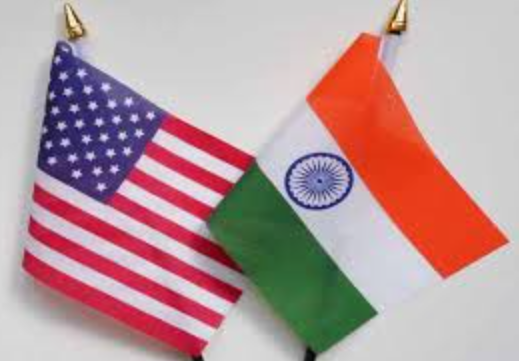India will also continue to take decisions in the spirit of “strategic autonomy”, which will upset the US, just as the US may engage with Pakistan in a manner that upsets India. But initial conversations indicate that the story will be marked by greater agreement and a willingness to deal maturely with the disagreements.
On Wednesday, in its first official outreach with New Delhi, the Joe Biden-led administration reached out to India. The newly confirmed Secretary of Defense, Lloyd J Austin, spoke to his counterpart, Raksha Mantri Rajnath Singh while President Biden’s national security adviser, Jake Sullivan, spoke to his Indian counterpart, Ajit Doval. The fact that the first two calls from the United States (US) to India, under a new dispensation, revolved around issues of security is representative of both the enhanced strategic convergence between the US and India and the fact that the security-intelligence-defense matrix will remain a key driver of bilateral ties.
The calls will help allay apprehensions that still permeate through segments of India’s strategic community about US intent with regard to China, under Mr Biden. The nature of US engagement may change with Beijing — and Washington will seek to find a common ground, especially on climate. But the statements of newly appointed officials in the administration indicate that Democrats will continue to treat China as the single most important strategic adversary and an increasing threat to the international order. The US emphasis on Indo-Pacific in both calls indicates that it will not dilute its position. This is good news for India.
This does not mean that the relationship will not suffer from strains — indeed, whether US waives sanctions that will, under its law, apply to India’s acquisition of S-400 air defense systems from Russia will be an early test. India will also continue to take decisions in the spirit of “strategic autonomy” which will upset the US, just as the US may engage with Pakistan in a manner that upsets India. But initial conversations indicate that the story will be marked by greater agreement and a willingness to deal maturely with the disagreements.




